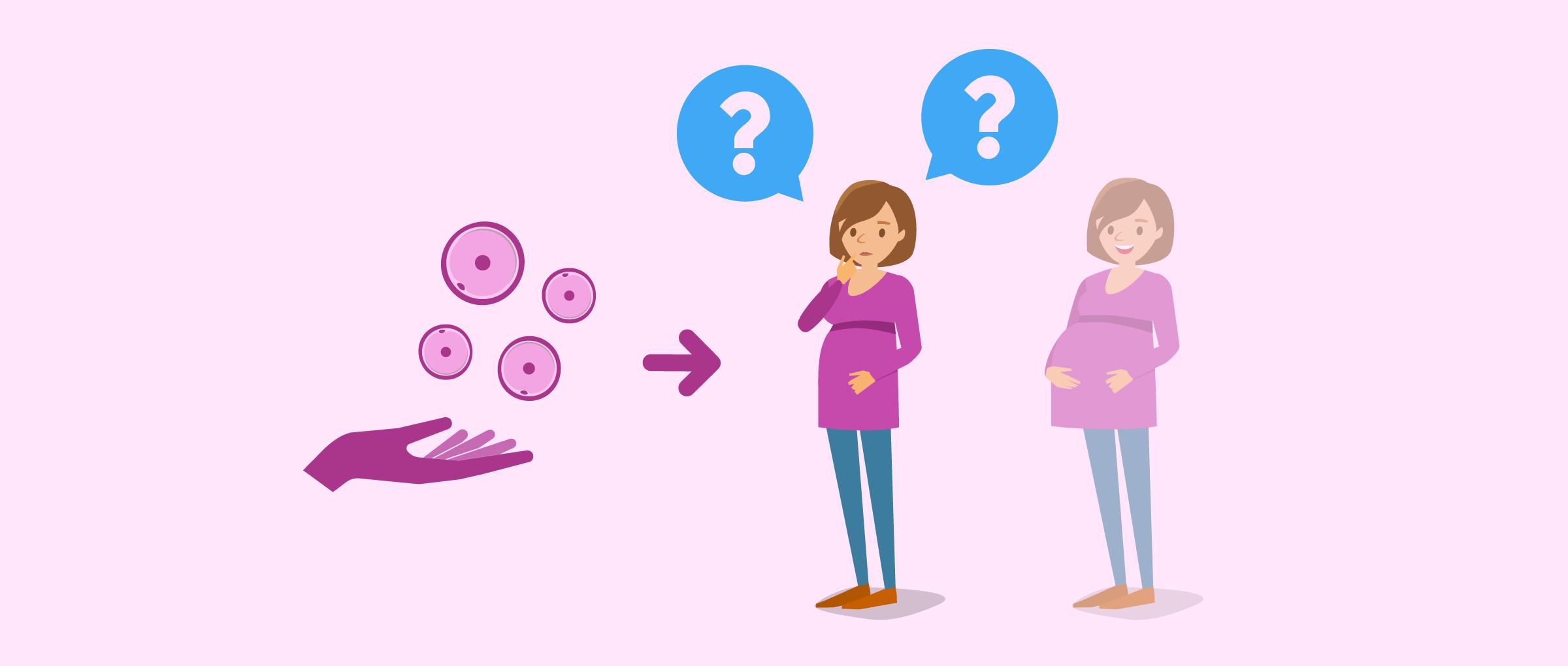Every couple has a strong desire to conceive a child and start their family at a certain point of life. When conception does not happen within 12 months of trying, it is regarded as infertility issues. However, infertility is not something that cannot be treated and there are various techniques through which the couples can plan a healthy pregnancy. The article discusses such techniques that a couple can opt and become parents.
Fertility Medicines: Treating infertility with the help of medicines is the first step of the process that every doctor begins with. The drugs release hormones that induce ovulation by stimulating the ovaries to produce more mature eggs and improve egg production. These medicines are either injected into the body or given in oral form. Fertility drugs can show good results in women who do not ovulate regularly or whose partner has very poor sperm quality.
In-Vitro Fertilization or IVF: In Vitro Fertilization is a surgical procedure where the eggs are taken from one of the ovaries of the woman and then fertilized in a test tube outside. When the egg gets fertilized, it is again transferred back into the uterus. The solution of IVF was found especially for those women who couldn’t conceive due to a fault in both fallopian tubes that cannot be corrected, but had one of their ovaries functioning normally. The obstruction in fallopian tubes is found among 5-10% of the infertile women.
Intrauterine insemination or IUI: Most commonly known as Artificial Insemination, is most suitable for such couples where men have low quality sperm or low sperm count. It is also best for the women who have acidic or too thick cervical mucus that sperm is not able to travel to egg. In IUI, a special washed sperm is prepared to be placed into the uterus. The sperm is placed into the uterus through a flexible catheter. To undergo this procedure, you need to undertake some fertility drugs as well to increase the fertilization chances, which may carry possible side effects.
Donor Sperm: In this method, a donor sperm is taken from a man other than the intended father. The donated sperm is used for fertilizing the eggs in the IVF process or insemination in the uterus. Donor sperm can be used in case where the man carries genetic disorders or experience infertility. Through donor sperm, the couple is able to have a child inspite of man’s fertility issues.
Donor Eggs: In this technique, the eggs are obtained from the donor who undergoes the IVF cycle and are then donated and fertilized by the sperm of the recipient’s partner. The resulting embryos are then transferred into the uterus of recipient mother. Donor eggs help those women to get pregnant who were not able to conceive due to damaged ovaries, premature failing or have undergone any chemotherapy.
Surrogacy: Surrogacy is a process where the surrogate mother undergoes embryo transfer and carries the baby for another woman. The embryo can be transferred to the surrogate mother through artificial insemination by using father’s sperm or by using couple’s embryo through IVF. For this process, the donor sperm and sperm may also be used. Surrogacy helps the women to carry a child who was not able to get pregnant due to hysterectomy or infertility of both partners.
Reproductive Surgery: Couples diagnosed with anatomical abnormalities like endometriosis can get it rectified through a surgery that involves removal of the scarring and clearing of blockages in either manor woman. The most common surgeries that are performed for treating infertility include laparoscopy, hysteroscopy, and abdominal myomectomy (removal of uterine fibroids).












No Comments